Last Updated on July 31, 2021

Jordan Peele's GET OUT is finally upon us. The timely thriller debuted at Sundance to rave reviews (read ours HERE) and critics and horror aficionados have been yapping about for a full month. For good reason. I’d like to believe a seismic shock will be felt throughout pop culture when the masses get a look at this thing. The story of a young African-American man who encounters some very unforeseen terror at the estate of his girlfriend's outwardly benign parents is not only terrific as entertainment, it tackles issues of liberal racism and appropriation of black culture in a way no other movie has before it. GET OUT is great fun, but it also shines a light on pertinent issues in a way that would make Rod Serling proud.
Daniel Kaluuya plays Chris, the protagonist who gradually realizes things are not so wholesome at the cheery home of Dean and Missy Armitage (Bradley Whitfield and Catherine Keener, respectively). Kaluuya's career has mostly been spent in his native England, working on shows like The Fades, Black Mirror and Skins; wider audiences most likely know him from his supporting roles in SICARIO or KICK-ASS 2. (Soon, everyone will know who he is thanks to a major part in 2018's BLACK PANTHER.) Kaluuya is excellent in GET OUT, especially in the film's creepy hypnotism scenes, which are sure to be considered instant classics in the genre world.
I spoke to Kaluuya about the film's heavy subject matter, as well as the atmosphere on set, the vision of Jordan Peele and the time he said "I can't believe we're allowed to make this." (And, in case you missed it, check out my interview with Peele HERE.)

Tell me about getting involved with GET OUT. Were you surprised that Jordan Peele had come up with a horror movie for his directorial debut?
Not really. I think that’s what people are pitching it as, a horror film, but when I read it… it had horror elements, but it didn't feel like that. It felt like it had the Key & Peele tone of dealing with really uncomfortable things in a palatable way. Jordan happens to love horror, and he's using that aesthetic to tell this story. You have lots of horror stories that have all these monsters and ghouls and these other otherworldly elements, but in the real world, I don't think there's anything more horrifying than racism. People genuinely lose their lives because of it, and we as a society don't protect those people. That's horrifying. [Get Out] is using this to kind of say those things, and keep that conversation going. For me, it was just a bigger version of a Key & Peele skit; it was a Jordan premise, because he's been talking about interracial relations for years. I think he's just willing to go places other people aren't willing to.
The movie deals with thought-provoking issues, like casual liberal racism. But it's also a big-time crowd-pleaser. Can you talk about how the movie is able to accomplish both goals?
That's how life is. I think ultimately there has to be joy for you to cope, you have to handle it in a humorous way for you to cope with it. Humor is a coping mechanism. Sometimes people who really struggle are the most hilarious people. You have to live that day to day, you haven't got the headspace to intellectualize how rubbish and crap this struggle you're going through is. I think Jordan is amazing at bringing it to a wider audience. That's why it has to have that entertainment value. You've got a lot of people who it won't resonate with, but they'll still enjoy the film as a cinematic craft. But people who live with any kind of struggle, it will resonate differently. This is what racism feels like. The paranoia of thinking, "Wow, I'm really uncomfortable. Do I have the right to say that?" I have an idea of what racism is, it's usually very overt, usually very crass and crude. This isn't manifested in that way. However, it can be either way. And to be very emotionally invested with it the way Chris is and going, "Do I have to bite my tongue in order to navigate this weekend?" I feel Jordan did a great job of making that palatable for a wider audience. You can have a good time and then you can leave and think, "Oh, man, that's what's happening right now."

What was the atmosphere like on set? So many scenes are just overflowing with awkwardness and anxiety.
The darker the film got, in terms of time of day, the darker the mood got. The film starts in the morning and ends at night, and it just gets darker and darker and darker, as Chris gets darker and darker internally. As we were doing those final scenes, it was edgy, because of the places me and Allison had to navigate in order to get there. But everyone was just so cool, it was always cool.
How about the hypnotism sequences? I mean, your face is this intense mask of horror during those. What's it like going to those places?
It just felt right, what the character was going through at the time. Him not wanting to confront something that deeply affects him and how he sees the world. Him not wanting to confront that but basically having to, and the hypnotism is the catalyst to get that out of him. He feels paralyzed because he's not in control of it, and he has to be out of control of his subconscious in order for it to come to the forefront because he's been so actively repressing it. That resonated with me, the conflict of Chris, and it felt honest and truthful.
Was that the most challenging sequence for you? If not, what was the scene that made you feel like you knew this was going to be something special?
I think the last twenty minutes. I don't want spoil it for anyone, but there are quite a few scenes at the end… There were scenes, a lot at the end, where we're going, "I can't believe we're allowed to say this, I can't believe we're saying this. If someone hears this they're going to say, what the f*ck is this film?!" Those scenes, it was like, wow, this is some really real shit. If you're putting your reputation on the line, and I think that's what Jordan is doing, that's the stuff that resonates, because you know it's costly. It's that moment where Kanye West goes on TV and says, "George Bush doesn't care about black people," it's that moment. And that's what those last twenty minutes were to me. It's like, this is being put in a wide release? I don't know how people are going to feel, and that's always really exciting. The unknown of how it's going to resonate.






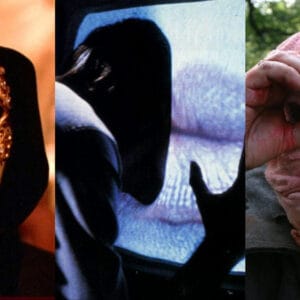
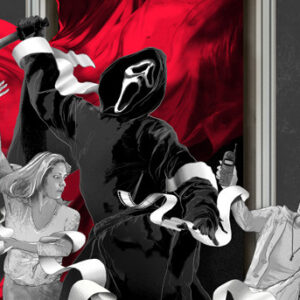
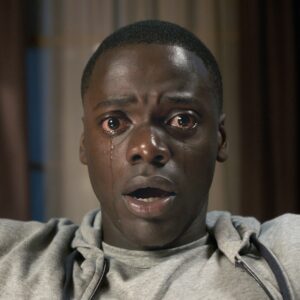
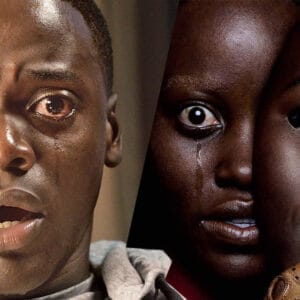

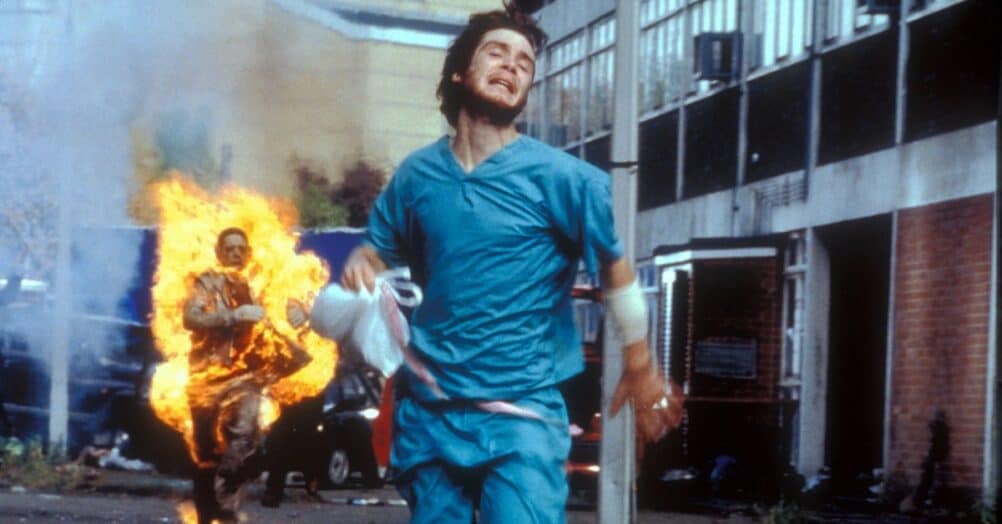





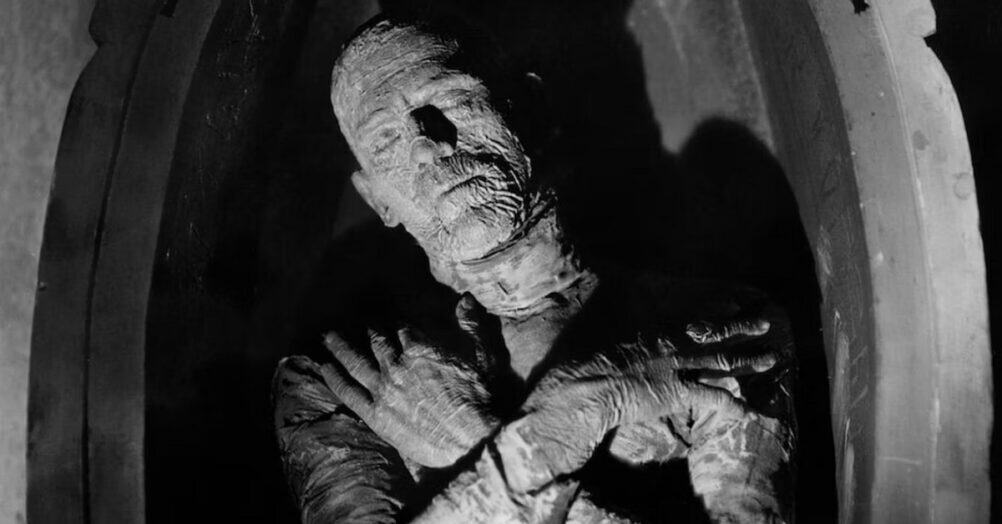
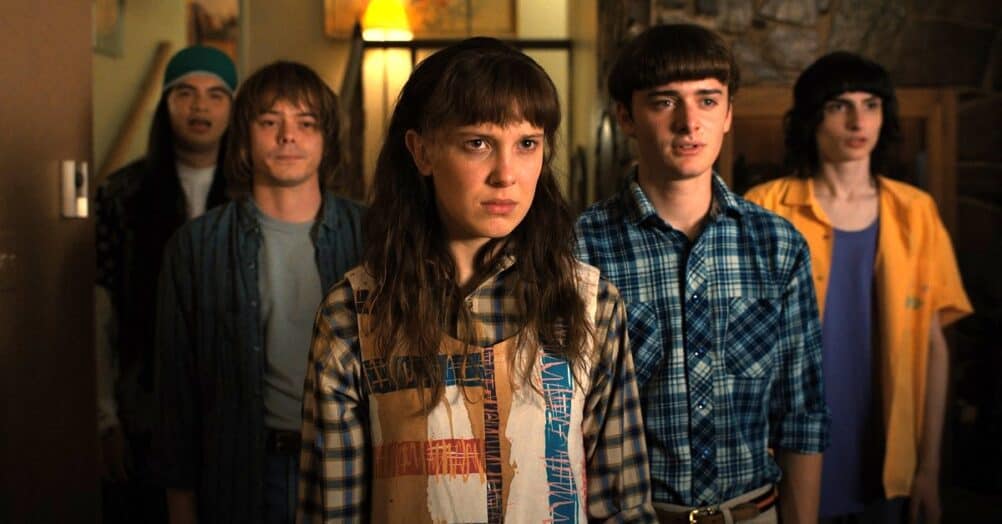

Follow the JOBLO MOVIE NETWORK
Follow us on YOUTUBE
Follow ARROW IN THE HEAD
Follow AITH on YOUTUBE